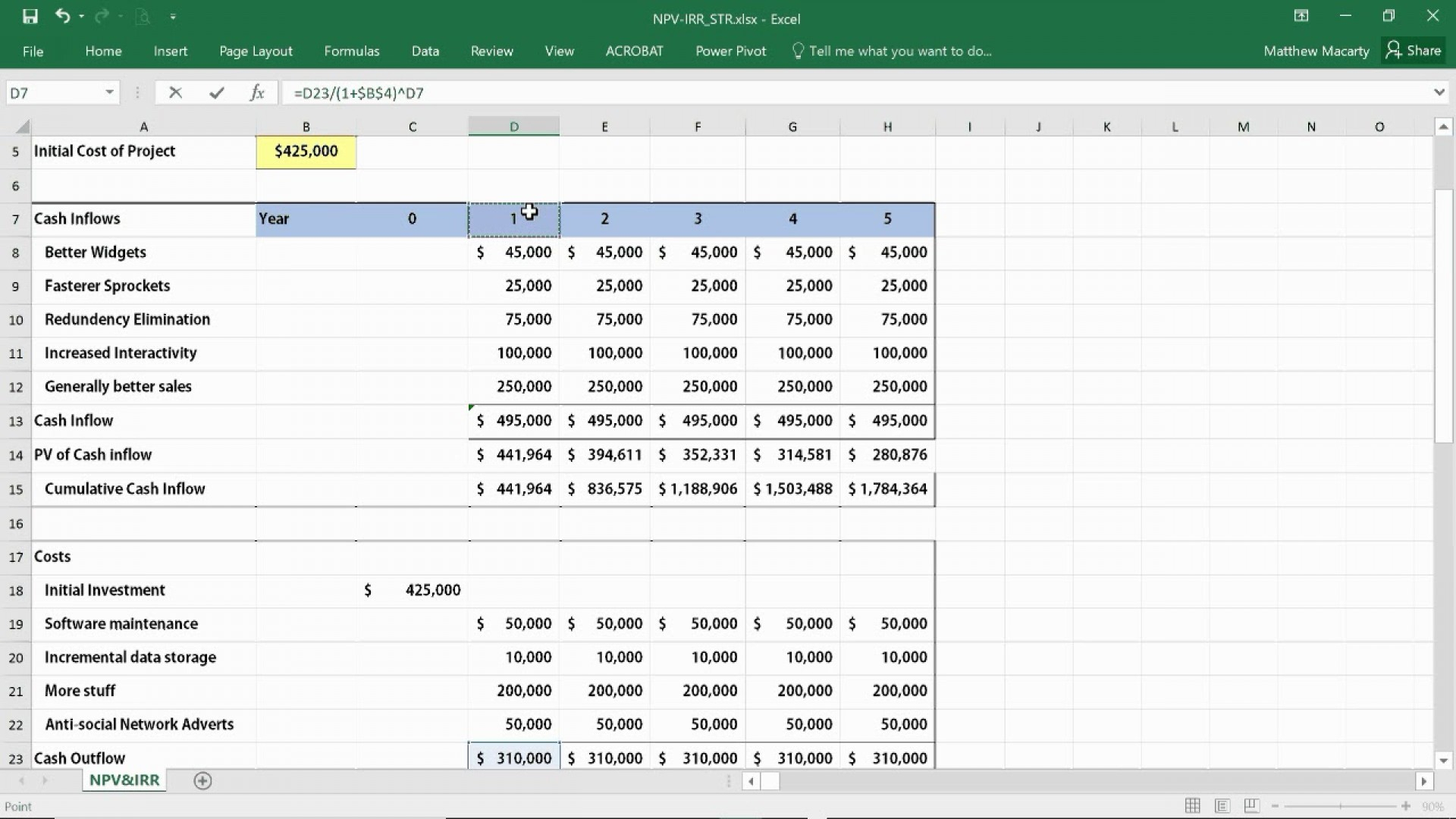
The choice of cash collection method depends on factors such as the nature of the business, the preferences of customers, and the need for convenience, security, and cost-effectiveness. Many businesses use a combination of these methods to cater to a wider range of customer preferences. Adding up the expected collections from each aging bucket will give you a precise estimate of your total cash collections.
Contact Customer Before Due Date
Our Customer Success team is based in the USA and available Monday through Friday from 8am to 6pm Eastern Time. This is an attempt to collect a debt and any information obtained will be used for that purpose. The highest possible credit score is 850, but a score close to it yields similar financial advantages.
Customer EIPP

It’s important to re-evaluate the metrics you track as your business objectives evolve. If the CFCR is high, the company is in a good position to repay its debts. For example, a cash flow coverage ratio of 1.5 means a company has $1.5 operating cash flow to cover $1 of interest expense. The default payment term of 30 days can be extended to 45 or even 60 days at the end of the month, depending on the sector or following a commercial agreement. As a result, if you have a high DPO, you can hold cash longer and invest it in the short term for higher returns.
The Importance of Timely and Accurate Cash Collections
With these figures, the calculated cash collections for the current month would amount to £185,000, providing a clear picture of the company’s liquidity situation. Gain a solid understanding of cash collection, a critical aspect of corporate finance, by delving into this comprehensive guide. Gain insight into real-world examples of cash collection and master the steps to create an effective cash collection budget. This knowledge is indispensable for anyone studying business studies or working in the field. Seize this opportunity to enhance your financial literacy and proficiency in cash management strategies. Learning how to calculate cash collections from accounts receivable reveals the amount of cash collected from customers within a period.
- Cash collection refers to the activities and processes involved in collecting cash payments from customers for goods and services provided by a business.
- TechGadgets’ credit terms are 50% of credit sales collected in the month following the sale and the remaining 50% in the second month after the sale.
- You can make better business decisions by tracking forecast variations over a given period.
- In addition, an older invoice may not be acceptable as collateral for a loan.
- Let’s consider a company “TechXYZ” which operates on a three-month credit terms basis.
So, what exactly do cash collections involve, and how can you calculate it effectively? In this blog, we’ll break down everything you need to know, from the formula for cash collections to actionable steps and strategies for improving the process. Accurate and timely cash collection is vital for maintaining liquidity and sound cash flow management, which are essential for sustaining day-to-day operations.
The formula includes “Sales in current period”, “Collection percentage”, and “Sales outstanding from previous period”. Each factor holds a specific meaning related to company’s credit sales and cash inflow. When a company collects cash from its accounts receivable, it generally involves several steps. The life cycle of an invoice from when it’s issued until it’s paid helps us understand these stages better.
Cash collections don’t just keep the lights on—they also create growth opportunities. Whether you’re considering expanding your team, launching a new product, or investing in new equipment, you’ll need cash to make those moves. A healthy collection process ensures that your business is ready to seize opportunities.
Efficient cash collections are vital for maintaining financial stability and ensuring smooth operations. Next, review your accounts receivable and categorize them into aging buckets. Aging reports group invoices based on how long they’ve been outstanding (e.g., 0-30 days, days, etc.). As invoices age, the chances of collecting the total amount decrease, so estimating uncollectible receivables is essential. Start by calculating your estimated cash sales using historical trends.
Additionally, you need to regularly run credit and background checks on existing customers to ensure there are no additional risk factors. All of this can be done with the help of good credit management 2021 irs tax refund schedule software. The collections process traditionally involves a high degree of manual work for AR teams, which is why many companies turn to automation to help streamline those processes.
It’s a raw figure without any adjustments and sets the stage for more nuanced metrics. At the time of payment, customers might raise disputes related to returns, discounts, invoice errors, etc. In these cases, you have to address these disputes as fast as possible to get paid. Solution – To avoid such cases it is important that you assess a customer’s financial situation and risk factors before even extending a line of credit. You need to carefully evaluate their credit score and assign a credit limit.
Understanding how this process works is paramount for businesses of all sizes, as it directly impacts their financial health, liquidity, and ability to meet financial obligations. However, with the right strategies, you can tackle common challenges effectively. Timely cash collections strengthen your financial stability, preventing cash shortages that could disrupt your ability to pay bills, meet payroll, or invest in new opportunities. By tightening your collections process, you reduce the risk of these disruptions.
